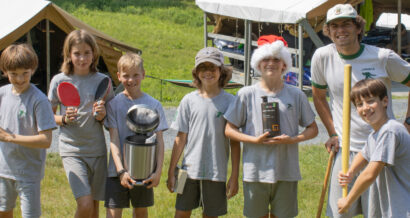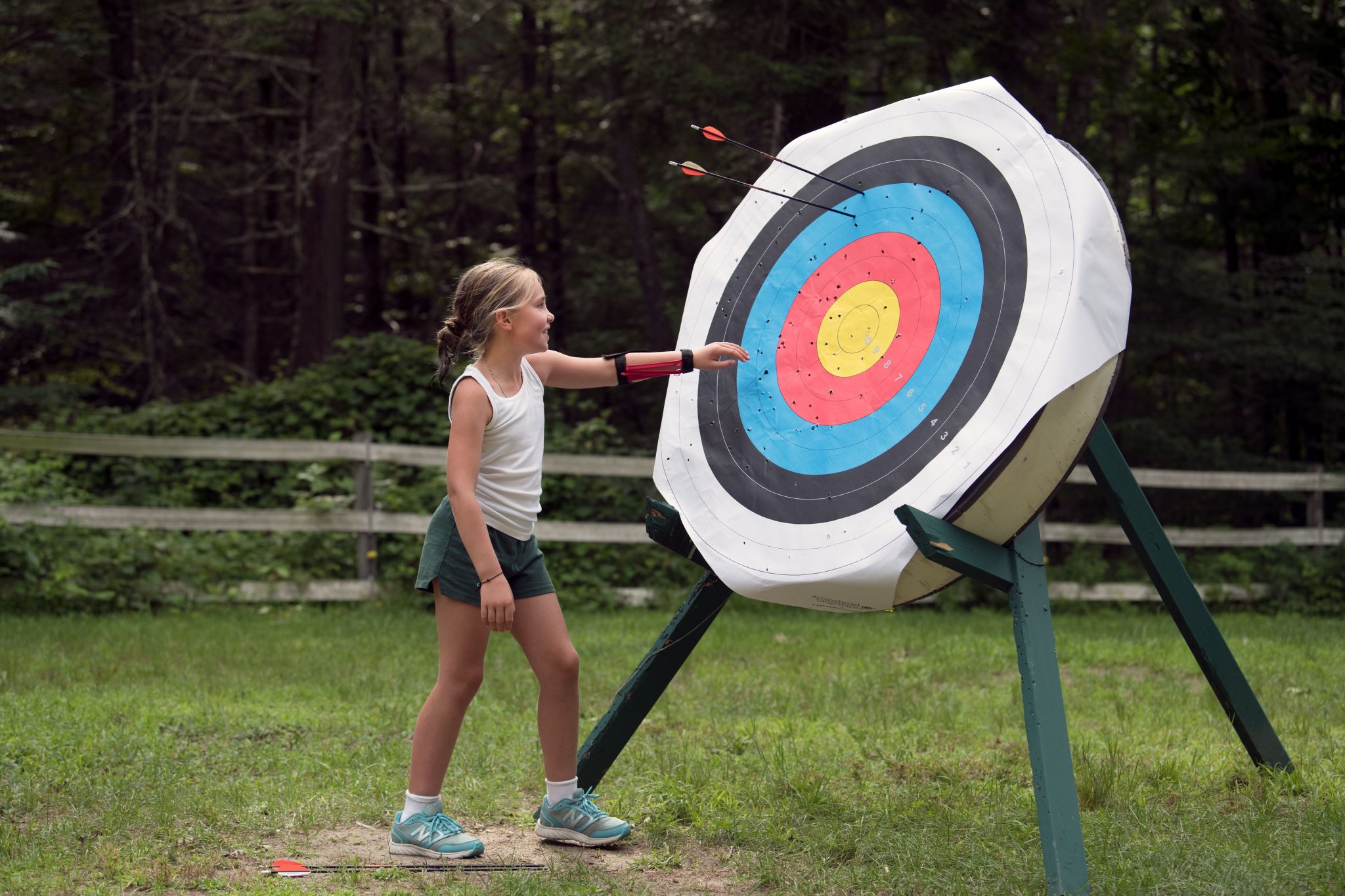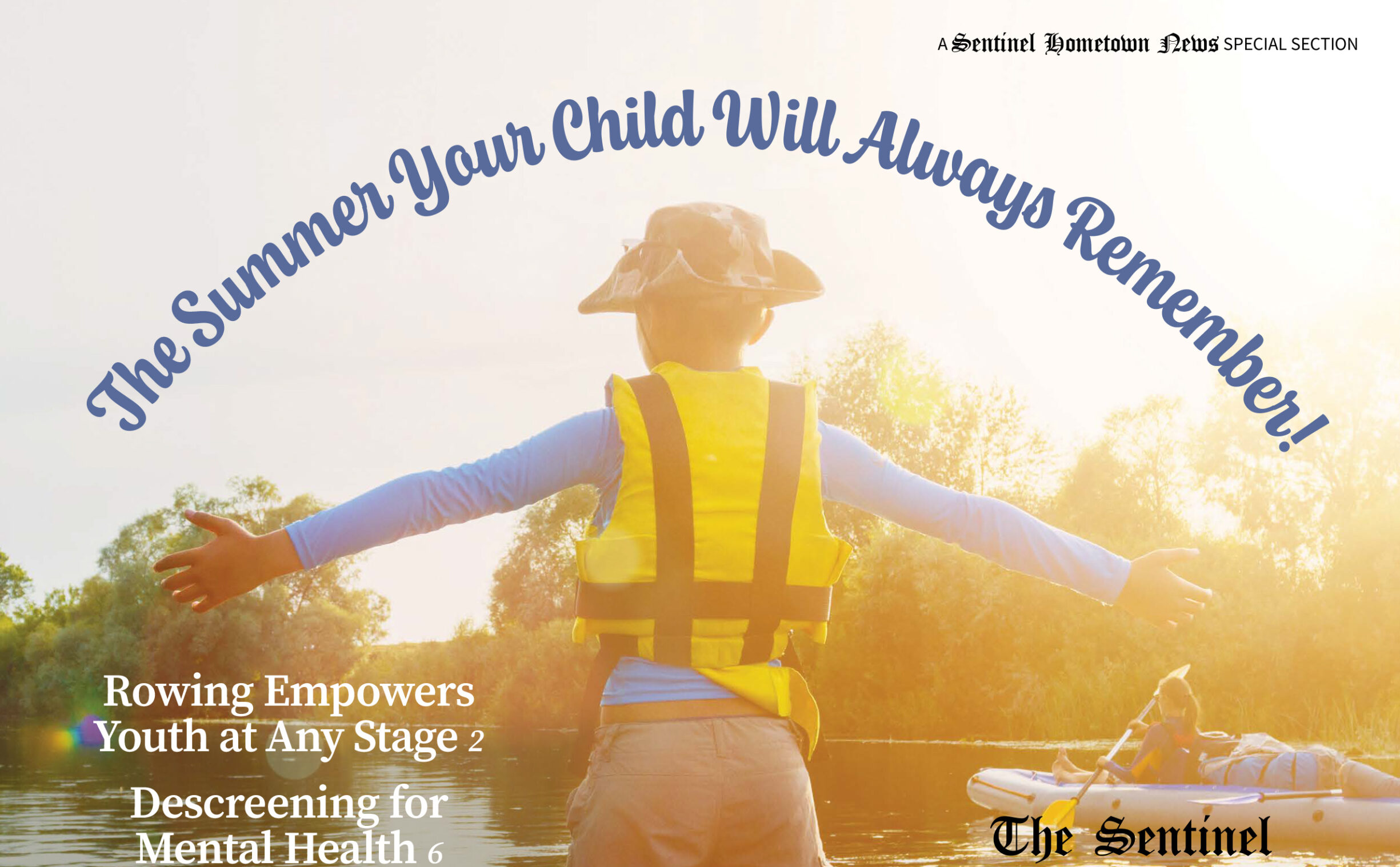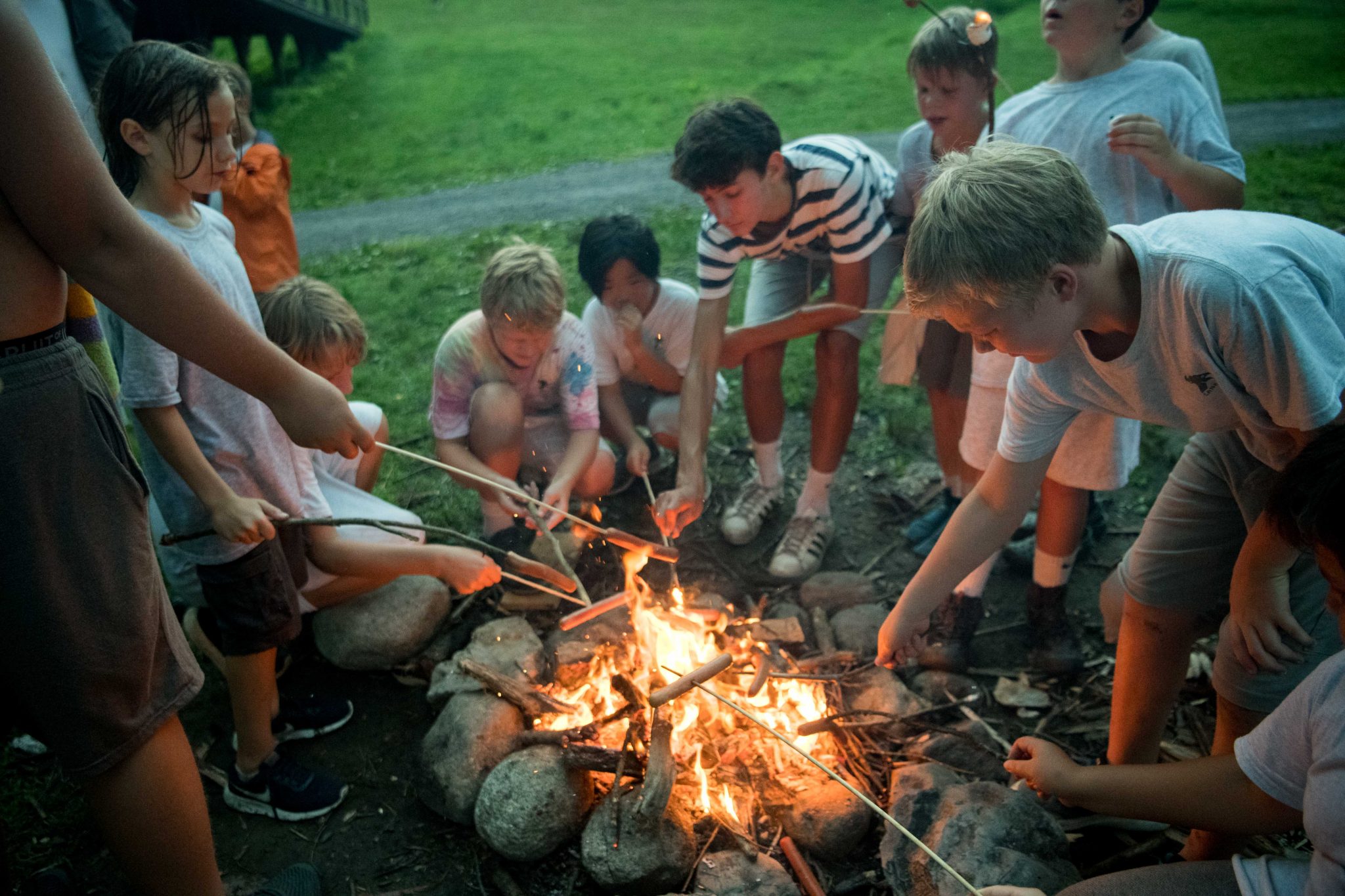 Article
Article

In this blog series called “Why Camp,” we’ll focus on the value of camp. What makes camp an ideal growth environment for kids? How does camp prepare young people for college and for life? How is achievement at camp, like earning a rank in an activity department, connected to achievement at school and in extracurriculars?
Why Camp: An Ideal Learning Environment for Kids
We hear often from parents about their children’s positive experiences in Aloha Foundation programs. Campers, too, give enthusiastic reviews: camp is so fun—but also a place of learning, growth, and support. So what gives? What’s the secret sauce… the magic touch? Well, we can’t give away ALL of our secrets, but here’s a peek into some of what is happening behind the scenes:
FOR KIDS, BY DESIGN
The camp environment is created to support kids’ growth.
For kids, there’s no place quite like camp. If you ask them about a summer spent at the Alohas, they are likely to mention great friends, fun activities, special events with the whole community, or a memorable story about living in nature.
What they are unlikely to articulate, but we as camping professionals know, is that kids love camp because it’s a world specifically designed to support their needs and development—positive social interactions, increasing independence, self-definition, structure and limits, creative expression, physical activity, competence and achievement.
Every summer, we craft an intentional environment where each camper is valued. Effort is just as important as accomplishment. We celebrate it all—the courage of the camper who signs up for their first overnight hiking trip, the perseverance of the camper who is finally able to keep their one-match fire lit, the positive outlook of the camper who hasn’t mastered a bullseye on the archery range…yet.
This community of support provides a sense of security that encourages campers to take on challenges, try different experiences, build skills, and discover new pieces of themselves.
INDEPENDENCE & CHOICE
Kids have more choice at camp than anywhere else.
Campers choose how to spend their days, trying out new activities that expand their horizons, as well as improving skills they’re already passionate about. In many cases, we introduce them to opportunities they may never have encountered previously. Activities like sailing, woodworking, and map reading are not commonplace in most schools, and the newness of what we offer creates a supportive space for campers to take risks and embrace new challenges.
Making choices—evaluating options and identifying what one prefers, wants, or needs—is a critical life skill that requires practice. And as with the acquisition of any other skill, we all need to start with simple situations before we can move on to more complex ones. Because the stakes at camp might not seem as high as they do back at school or home, children can practice taking chances when they are with us.
Essential life skills—like decision-making and goal-setting—are daily features of camp life, giving children a sense of agency in their lives, and providing essential practice for adulthood.
COURAGE & RESILIENCE
Taking risks is encouraged.
Deep, multi-faceted relationships with adults help campers seek out new challenges. When campers feel the unconditional support and love from their fellow campers and counselors, they no longer fear new experiences or the possibility of failure.
Safety is not found in shielding campers from hard things—a long-distance swim, the blade of a jackknife, the discomfort of a differing opinion—but rather in showing campers: you are enough, you belong, and you are accepted. This is the foundation of risk-taking.
Young people in our programs understand that challenging themselves involves learning both technical skills—how to tie a square knot, tend a jib sail, or do a front pike dive—and interpersonal skills—how to be a trustworthy friend, a loyal advocate, or a patient listener.
It doesn’t end there.
We provide campers with many opportunities for choice and challenge throughout the days and weeks of the summer. Because they practice these in an environment full of counselor support and free of judgment, they get used to recognizing their own efforts, seeing small (and large) successes, and developing internal motivation to continue.
Campers take these habits with them when they leave Fairlee. They continue to hone the independence and confidence they discovered at camp—and incorporate them into their lives at school and home. This is one of many reasons why choosing a summer at the Alohas is an investment in a child’s future.

